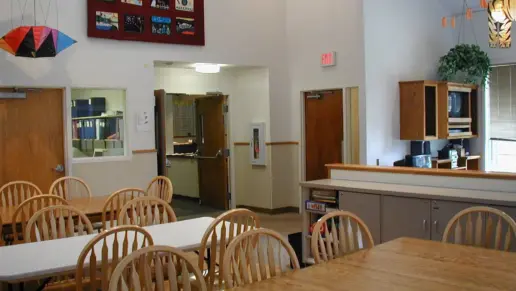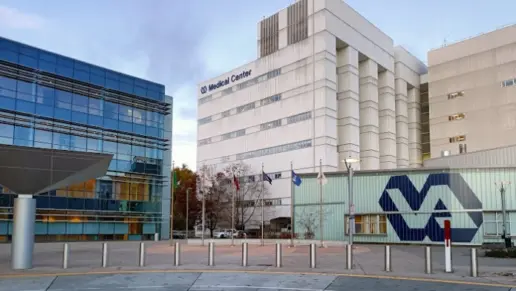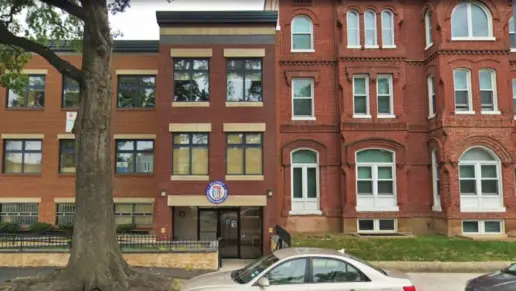Amazing over all experience in family recovery Court.
About Pierce County Alliance
Pierce County Alliance is a CARF accredited treatment center located in Tacoma, Washington. They offer substance use and co-occurring disorder treatment. They have an outpatient treatment program for adults 18 and older and an adult felony drug court program. The facility has walk in assessment hours from 8:30 a.m. to 4:00 p.m. They also provide Telehealth services.
They won’t refuse service to anyone who is unable to pay. In many cases, Medicare or other insurances cover treatment costs.
The facility’s state certified treatment professionals have been working in cooperation with Pierce County Superior Court since 1994 to provide evidence-based treatment to eligible offenders through the felony drug court.
The treatment includes moral reconation therapy (MRT), trauma informed care, life skills, and relapse prevention. MRT is a program based on cognitive behavioral therapy. It helps clients improve decision making, behavior, and moral reasoning to reduce criminal and risky behavior.
You can get medication assisted treatment (MAT) if appropriate. MAT helps reduce drug cravings while improving treatment outcomes if you have an opioid use disorder. The center uses contracted local medical professionals. They’re on site a few days a week to administer medications.
There’s also an adult outpatient program (AOP) for adults in Pierce County who need help with substance use and mental health disorders. The AOP includes MAT if necessary and is for adults 18 and older. You’ll have a comprehensive assessment and be given an individualized treatment plan. The program is at least one year but is more often 16-18 months. The duration depends on your progress.
You can also get treatment for co-occurring mental health disorders at this facility. They have licensed mental health counselors who provide therapy. They’re well versed in trauma informed care and can help you work through any adverse childhood experiences and trauma. Adverse childhood experiences often lead to mental health and substance use challenges. Getting to the bottom of your mental health disorder can help you better tackle any substance use issue and help you live a better, more fulfilling life.
Latest Reviews
Rehab Score
Gallery
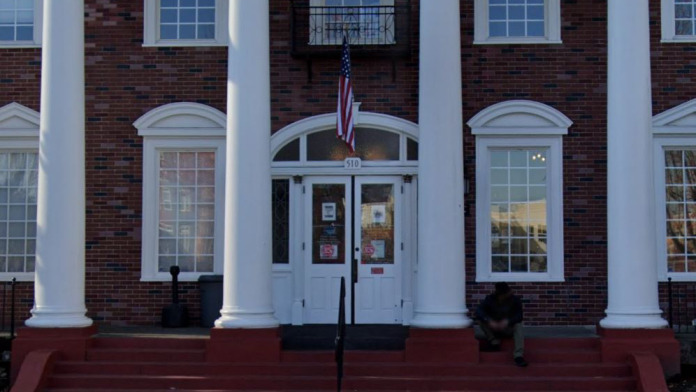
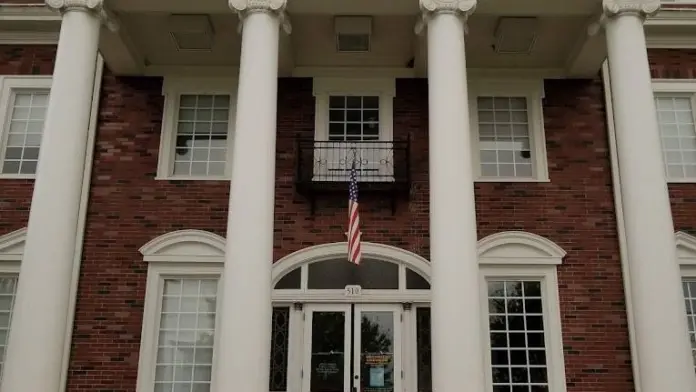
Location
Accepted Insurance
Other Forms of Payment
Medicaid is a state based program that helps lower-income individuals and families pay for healthcare. Medicaid covers addiction treatment so those enrolled can use their coverage to pay for rehab. When a program accepts Medicaid the client often pays very little or nothing out of their own pocket.
Private insurance refers to any kind of healthcare coverage that isn't from the state or federal government. This includes individual and family plans offered by an employer or purchased from the Insurance Marketplace. Every plan will have different requirements and out of pocket costs so be sure to get the full details before you start treatment.
Self-pay involves paying for treatment out of your own pocket. You can use savings or credit, get a personal loan, or receive help from family and friends to fund your treatment. If you don't have insurance or your insurance plan doesn't cover a specific program, self-pay can help ensure you still get the care you need.
Financial aid can take many forms. Centers may have grants or scholarships available to clients who meet eligibility requirements. Programs that receive SAMHSA grants may have financial aid available for those who need treatment as well. Grants and scholarships can help you pai for treatment without having to repay.
Sliding scale payments are based on a client's income and family size. The goal is to make treatment affordable to everyone. By taking these factors into account, addiction recovery care providers help ensure that your treatment does not become a financial burden to you or your family, eliminating one barrier to care.
Medicare is a federal program that provides health insurance for those 65 and older. It also serves people under 65 with chronic and disabling health challenges. To use Medicare for addiction treatment you need to find a program that accepts Medicare and is in network with your plan. Out of pocket costs and preauthorization requirements vary, so always check with your provider.
Military members, veterans, and eligible dependents have access to specific insurance programs that help them get the care they need. TRICARE and VA insurance can help you access low cost or no cost addiction and mental health treatment. Programs that accept military insurance often have targeted treatment focused on the unique challenges military members, veterans, and their families face.
Addiction Treatments
Levels of Care
Treatments
The goal of treatment for alcoholism is abstinence. Those with poor social support, poor motivation, or psychiatric disorders tend to relapse within a few years of treatment. For these people, success is measured by longer periods of abstinence, reduced use of alcohol, better health, and improved social functioning. Recovery and Maintenance are usually based on 12 step programs and AA meetings.
Effective drug rehab in Washington integrates care for the whole person, offering comprehensive solutions to addiction. Treatment methods address mental, physical, and relational aspects of substance abuse.
Many of those suffering from addiction also suffer from mental or emotional illnesses like schizophrenia, bipolar disorder, depression, or anxiety disorders. Rehab and other substance abuse facilities treating those with a dual diagnosis or co-occurring disorder administer psychiatric treatment to address the person's mental health issue in addition to drug and alcohol rehabilitation.
A combined mental health and substance abuse rehab has the staff and resources available to handle individuals with both mental health and substance abuse issues. It can be challenging to determine where a specific symptom stems from (a mental health issue or an issue related to substance abuse), so mental health and substance abuse professionals are helpful in detangling symptoms and keeping treatment on track.
Opioid rehabs specialize in supporting those recovering from opioid addiction. They treat those suffering from addiction to illegal opioids like heroin, as well as prescription drugs like oxycodone. These centers typically combine both physical as well as mental and emotional support to help stop addiction. Physical support often includes medical detox and subsequent medical support (including medication), and mental support includes in-depth therapy to address the underlying causes of addiction.
Programs


Clinical Services
Group therapy is any therapeutic work that happens in a group (not one-on-one). There are a number of different group therapy modalities, including support groups, experiential therapy, psycho-education, and more. Group therapy involves treatment as well as processing interaction between group members.
In individual therapy, a patient meets one-on-one with a trained psychologist or counselor. Therapy is a pivotal part of effective substance abuse treatment, as it often covers root causes of addiction, including challenges faced by the patient in their social, family, and work/school life.
Amenities
-
Residential Setting
-
Private Rooms
Accreditations

The Commission on Accreditation of Rehabilitation Facilities (CARF) is a non-profit organization that specifically accredits rehab organizations. Founded in 1966, CARF's, mission is to help service providers like rehab facilities maintain high standards of care.
CARF Accreditation: Yes
Accreditation Number: 257080
Contact Information
510 Tacoma Avenue South
Tacoma, WA 98402





